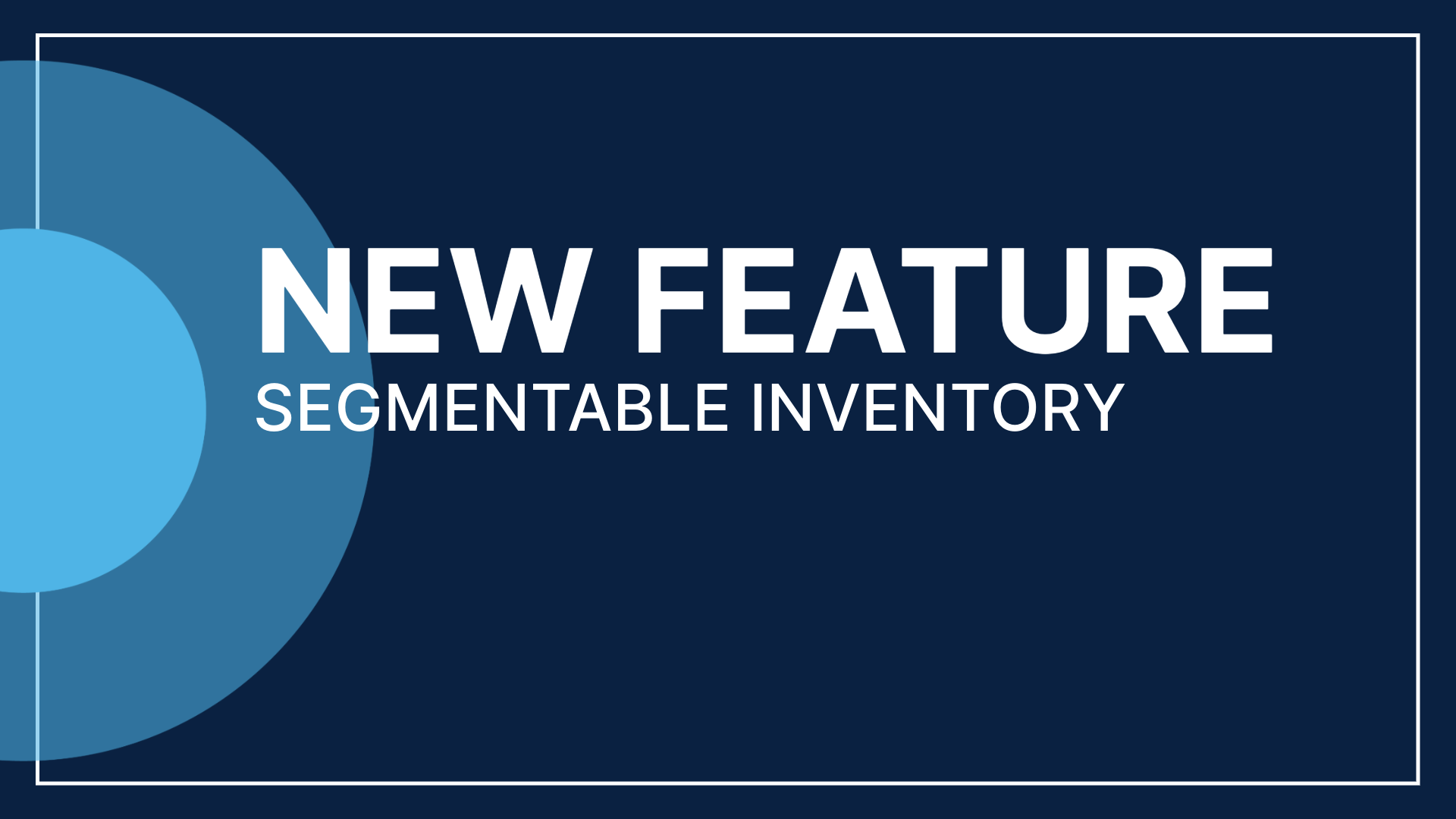New Feature: Segmentable Inventory
February 19th, 2025 We’re excited to introduce Segmentable Inventory, a major enhancement to Sonar’s inventory management system. Designed for...

Staying financially agile in a capital-intensive industry like telecommunications is no easy task. For Internet Service Providers (ISPs), CFOs are the financial architects behind scalable growth, operational efficiency, and long-term sustainability. But how do you know you're steering the business in the right direction? It starts with tracking the right financial metrics.
In this guide, we break down the essential KPIs every ISP CFO should monitor—and how leveraging automation and real-time analytics through platforms like Sonar Software can enhance decision-making, compliance, and profitability.
MRR and ARPU are core financial health indicators. MRR reflects predictable income from subscribers, while ARPU reveals how much each customer contributes on average.
Why it matters: These numbers help you measure revenue growth, forecast cash flow, and evaluate the ROI of marketing campaigns or service bundles.
How Sonar Helps: With real-time billing and subscription tracking, Sonar offers granular visibility into revenue streams—across services, regions, or customer segments.
Subscriber churn directly impacts financial stability. Pairing churn data with CLTV shows how long customers stay and how profitable they are over time.
Pro Tip: A rising churn rate may signal poor service experience, network issues, or pricing misalignment—areas where cross-functional teams should intervene quickly.
How Sonar Helps: Integrated CRM tools and network monitoring allow you to correlate churn with customer satisfaction, service tickets, or downtime events.
Striking the right balance between OPEX and CAPEX is critical for scalability. CFOs must optimize day-to-day costs without compromising long-term infrastructure investments.
Actionable Insight: Use ratios like OPEX-to-revenue to benchmark efficiency and identify opportunities to automate or outsource non-core functions.
How Sonar Helps: Sonar’s reporting and procurement modules help identify cost centers and automate workflows—turning manual processes into scalable systems.
Late or missed payments disrupt cash flow. Metrics like Days Sales Outstanding (DSO), invoice dispute rate, and billing error frequency can shine a light on revenue leakage.
Key Benchmark: A DSO under 30 days is a good target for most ISPs.
How Sonar Helps: Through automated invoicing, embedded payments, and customizable billing rules, Sonar ensures accuracy, reduces disputes, and accelerates collections.
ISP CFOs must account for the value decline of physical infrastructure, especially with fiber rollouts, towers, and edge devices. Understanding depreciation impacts budget planning and tax compliance.
Metric to Track: Year-over-year depreciation expense by asset category.
How Sonar Helps: Sonar's asset tracking and depreciation reporting tools support accurate bookkeeping and long-term infrastructure planning.
From FCC broadband labels to telecom-specific tax regulations, compliance is high-stakes and resource-intensive. Metrics like audit accuracy rate and compliance resolution time are increasingly relevant.
How Sonar Helps: Sonar’s Avalara integration streamlines tax calculation and reporting, reducing risk and saving hours of manual effort.
Ultimately, all roads lead back to cash. Healthy operating cash flow signals a well-run business and offers flexibility for reinvestment, debt reduction, or M&A activity.
CFO Insight: Pair cash flow metrics with service line profitability to make smarter decisions about pricing and expansion.
How Sonar Helps: Built-in financial dashboards make it easy to slice and dice cash flow insights across business units, billing types, or customer tiers.
Modern CFOs aren’t just reporting numbers—they’re driving strategy. With the right data in hand, they can make informed decisions about growth, risk, and efficiency.
Sonar Software provides a unified platform where financial metrics aren't siloed—they’re connected. Billing talks to CRM. Network monitoring informs revenue forecasts. Compliance integrates with tax automation.
The result? Faster decisions, fewer surprises, and a clearer path to profitability.
Explore how Sonar can help you optimize cash flow, reduce churn, and confidently scale your ISP. Schedule a demo and see the financial future of your network more clearly.

February 19th, 2025 We’re excited to introduce Segmentable Inventory, a major enhancement to Sonar’s inventory management system. Designed for...

3 min read
The deployment and maintenance of fiber infrastructure entail significant financial investments. Effective cost management plays a role in any...

3 min read
Internet service providers play an integral role in providing high-speed internet access to individuals and businesses across the globe....